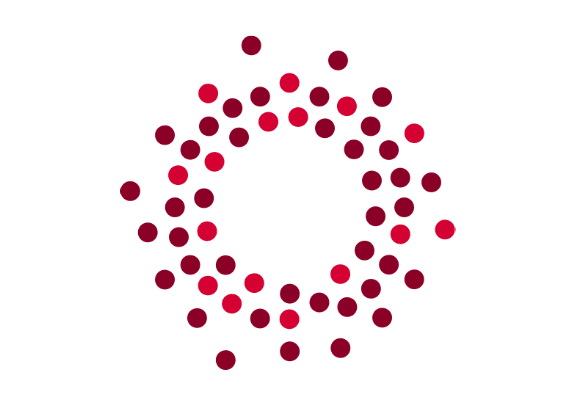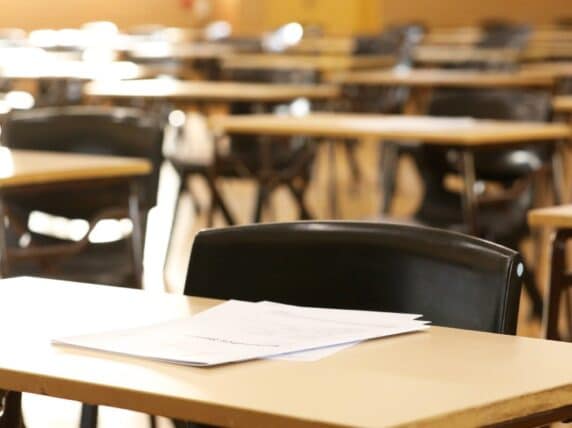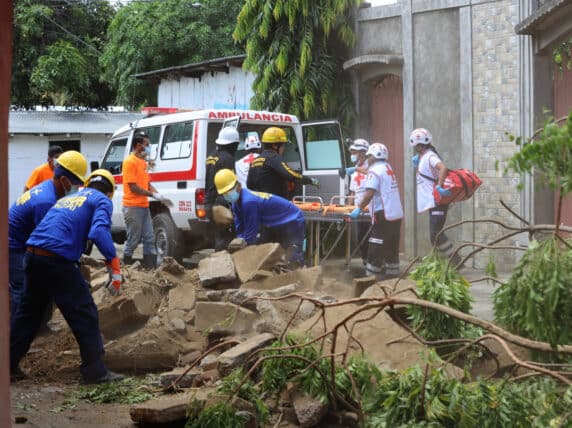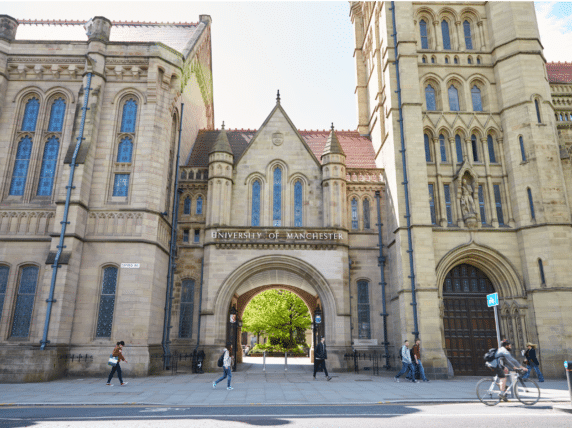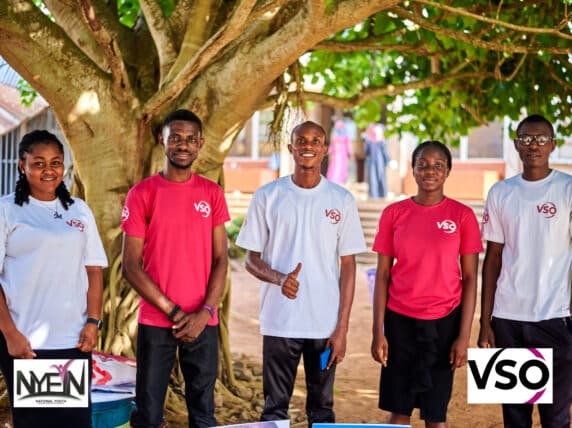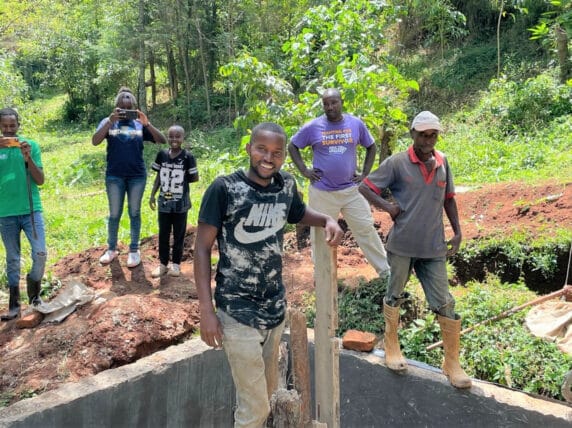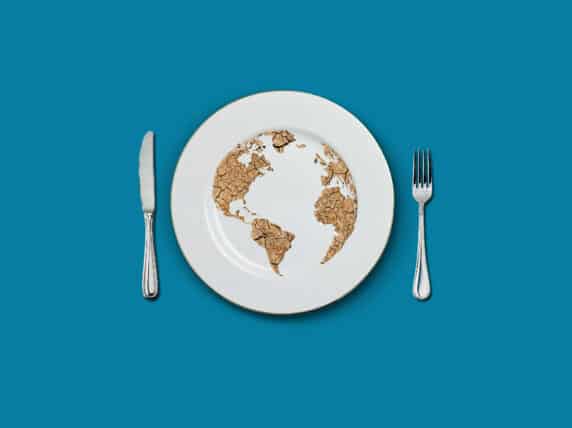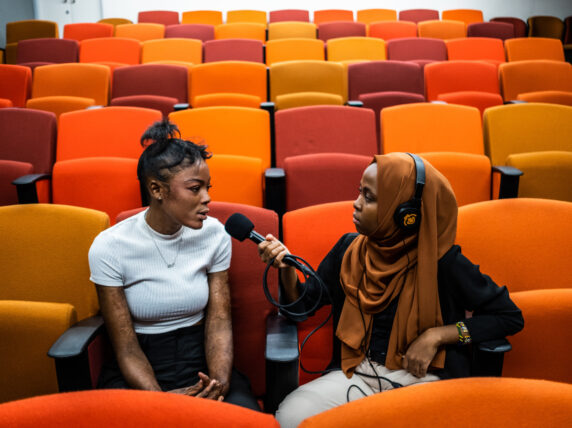Projects and programmes
An intersectional approach to disability inclusion
This paper explores what it means to take an intersectional approach to disability inclusion. It unpacks how disability intersects with other identities to produce unique experiences of oppression across different thematic areas. It also includes practical case study examples from across the Bond Disability and Development Group, highlighting tools and programmes that take an intersectional approach to disability inclusion.
Deaf students’ exam success points the way forward for academic support
Deafchild Worldwide UK shares how investment in accessible and inclusive education has been a breakthrough for deaf students in India.
Everyone deserves to be protected from the impacts of climate change, including our animals
By including animals in national disaster risk reduction, preparedness and response plans, we can build community resilience and recover faster in the face of disasters.
Transform the world and your career by becoming a Master of Leadership for Development
In an ever-changing global landscape with increasing development challenges such as rising inequality and poverty, climate vulnerability, human rights violations, and national and international conflicts, leadership is a crucial skill needed to tackle these issues and drive global change for good. The University of Manchester can help.
The role of youth in development
Youth must be given the platform and support to harness their potential to drive sustainable and meaningful change in development.
Friends of Kipkelion: prioritising local voices in Kenya
Michael Deriaz from Friends of Kipkelion shares how they, and the local community they work with, got girls back into school post-Covid, working with their local partner Kenyan NGO Brighter Communities Worldwide.
Ending hunger is possible
Unsustainable systems cause global hunger to persist. But by disrupting those systems, we can create a world without hunger.
Podcasting: An innovative medium to amplify lesser-heard and youth voices
Radio Workshop, a youth development NGO working in five countries across Africa, shares its journey of creating its own podcast.


